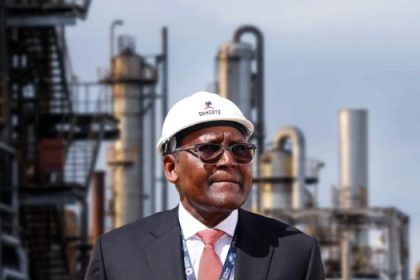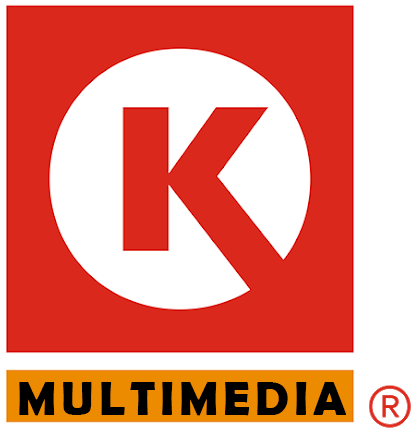
Dangote Group is looking to start production at its two Nigerian oil assets in the fourth quarter of 2024, after enduring months of crude supply woes, a report by S&P Global Commodity Insights has said.
The report quoting company sources said Dangote is currently seeking a floating production, storage and offloading vessel with a capacity of 650,000 barrels of crude.
The company holds an 85% stake in West African E&P Venture, which in turn has a 45% working interest in the two blocks, alongside the state-owned Nigerian National Petroleum Company’s 55%.

The other stakeholder in West African E&P is Nigerian upstream player First E&P, which operates OMLs 71 and 72.
The licenses are located in the shallow water in the southeast of the troubled Niger Delta, just 22 km from the onshore Bonny terminal. They contain the Kalaekule and Koronama oilfields.

Discoveries were first made on the blocks in 1966, and Shell began production there two decades later. Output peaked at 21,000 b/d in 1999, before declining in 2003.
However, according to data from Commodity Insights, the fields still hold recoverable resources of almost 300 million barrels of oil and as much as 2.3 Tcf of natural gas.
Commodity Insights forecasts that production at the blocks could start in 2026, reaching 43,000 boe/d by 2036.

Supply woes
Dangote’s upstream activities are seldom discussed, but the imminent startup of production at OMLs 71 and 72 suggests the Dangote refinery could soon supplement its crude feedstock, after having faced months of crude supply issues.
The $20 billion facility came online in January, and started up its residue catalytic cracker in early September, allowing for high-volume gasoline production when the unit stabilises by as early as October, according to a company executive.
The refinery was designed to end Nigeria’s decades-long dependence on imported refined products. To date, it has produced volumes of petrol, diesel, jet fuel and naphtha, for domestic use and export.

However, the plant struggled to obtain sufficient Nigerian crude in its early months, forcing it to import large volumes of WTI Midland crude from the US, and sparking a bitter public row between the NNPC, international oil companies, Dangote and Nigeria’s upstream regulators.
The NNPCL, which was originally expected to supply Dangote with 300,000 b/d of crude in return for a 20% stake in the project, ultimately saw its stake reduced to 7.2%.
Data from S&P Global Commodities at Sea shows Dangote took just under 200,000 b/d of Nigerian crude in September. It has not imported any US crude since mid-July, CAS data shows.

Nevertheless, Dangote has floated the possibility of acquiring crude from other oil producers, including Libya, Senegal and even Brazil, with company sources warning that NNPC could only be able to fulfil 60% of its crude demand.
Commodity Insights analysts expect the refinery to take until around 2027 to reach steady-state production, at which point it should yield some 327,000 b/d of petrol.

